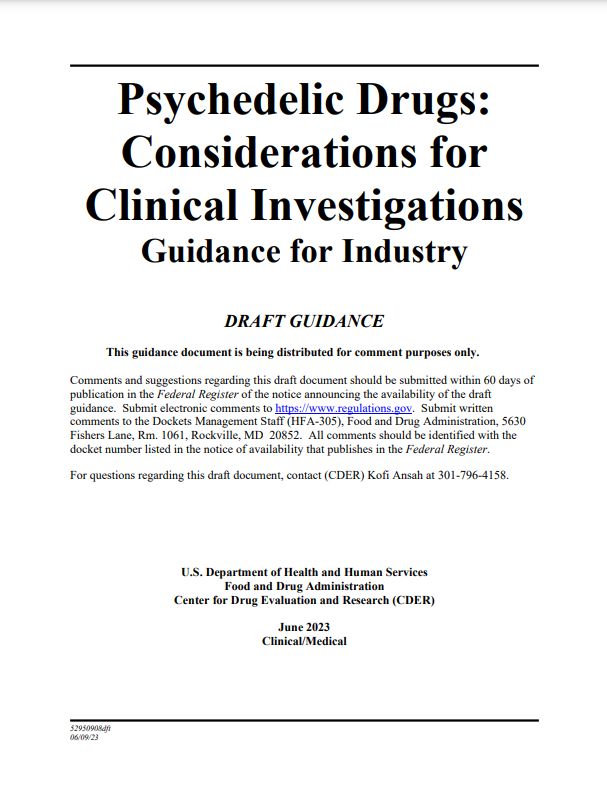To therapise or not to therapise, is that the question?
This opinion piece is part of a special issue we’ve curated to address the growing debate on psychotherapeutic interventions in psychedelic clinical trials and was shared alongside other relevant market intelligence and commercial opportunities on our semi-regular bulletin. You can sign up here to receive future issues.
As a CRO specialising in psychedelics, we're currently engaged in nine trials encompassing a variety of drugs and therapy modalities, ranging from intensive therapy sessions to minimal psychological support. Broadly, these trials fall into two approaches: one aims to maximise efficacy by integrating therapy with the drug, while the other seeks to isolate the drug's effects by minimising therapy. Through these trials, we can discern what approaches yield favourable results and which do not.
When it comes to the extent of therapy, there's no definitive right or wrong approach; rather, they represent distinct methodologies. What's increasingly clear is that success hinges not solely on the approach itself, but on how it's implemented. From both regulatory and practical standpoints, standardisation and meticulous adherence to therapy protocols are paramount. These principles are essential not only during clinical trials but also for post-market provision in mainstream healthcare settings.
Once treatments are approved, they will differ from those administered during clinical trials. Healthcare professionals will likely combine psychedelic therapies with other treatments to optimise outcomes for individual patients. Consequently, developers must prioritise enhancing the resilience of their interventions to adapt to diverse contexts. This necessitates robust therapist recruitment and training processes to minimise variability, alongside leveraging technology for efficient oversight. Even in scenarios with minimal psychological support, training and oversight remain essential to ensure adherence, as practitioners may default to familiar therapy modalities.
Regulators approve the drug, not the therapy. It’s therefore crucial to quantify the contribution of psychotherapeutic interventions to the overall therapeutic effect. Without ruthless standardisation and effective oversight of protocol adherence, trial results are likely to fall short of meeting the expectations of regulators and health payers in proving efficacy and cost-effectiveness.
Psychedelic drug development is unique with developers pursuing diverse paths instead of a single-strategy footrace. This diversity fosters uncertainty but also intellectual intrigue. Success in this field is not just about capital and execution; it's also about clear and consistent strategy. Clerkenwell Health is committed to ensuring that your strategy remains clear and consistent throughout the development process.

